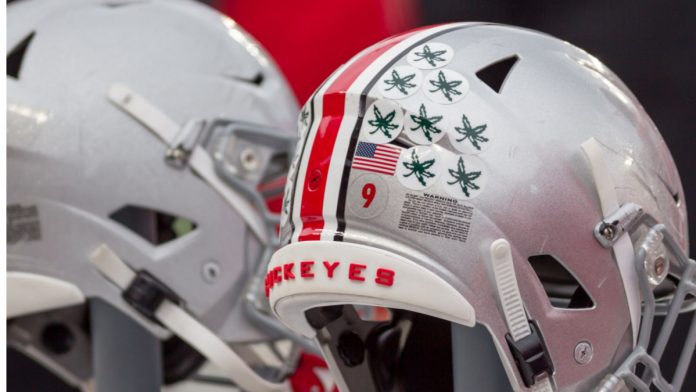Both the NCAA and Ohio Gov. Mike DeWine are encouraging operators and the Ohio Casino Control Commission (OCCC) to pull the plug on offering individual college prop bets in the state.
“One year into sports gambling in Ohio, we have seen a marketplace develop where a number of bad actors have engaged in unacceptable behavior by making threats against student-athletes in Ohio and across the country,” DeWine said. “By amending rules to focus bets on the team and away from individual athletes, I believe we can improve the marketplace in Ohio and better protect student-athletes from unnecessary and potentially harmful threats.”
Last year, lawmakers passed a bill that would place bettors found to be harassing athletes on the involuntary self-exclusion list.
Now, the two want the OCCC to remove college prop bets altogether. Many states already specifically prohibit these types of wagers.
“Our men’s basketball coach Anthony Grant and I have long advocated for the elimination of proposition bets on individual college athlete performances,” added University of Dayton Vice-President and Director of Athletics Neil Sullivan. “We support any action that aims to protect students and their families from inexcusable abuse and threats. We applaud Governor Mike DeWine and President Charlie Baker for engaging in this important conversation.”
In addition to supporting DeWine’s recent public statements, the NCAA has requested that the OCCC consider rules limiting the markets in the state.
OCCC regulations allow for leagues to petition regulators when it comes to what markets are approved to be offered in the state. Accordingly, the OCCC is considering the request. Now operators have until Feb. 12 to submit their comments on the proposal.
NCAA President Charlie Baker has become increasingly outspoken about college prop bets. He spoke to CBS Sports last year about the pressure athletes face because these markets are available. Last month during his NCAA State of College Sports address, Baker once again centered the topic as a core issue for him and the organization.













